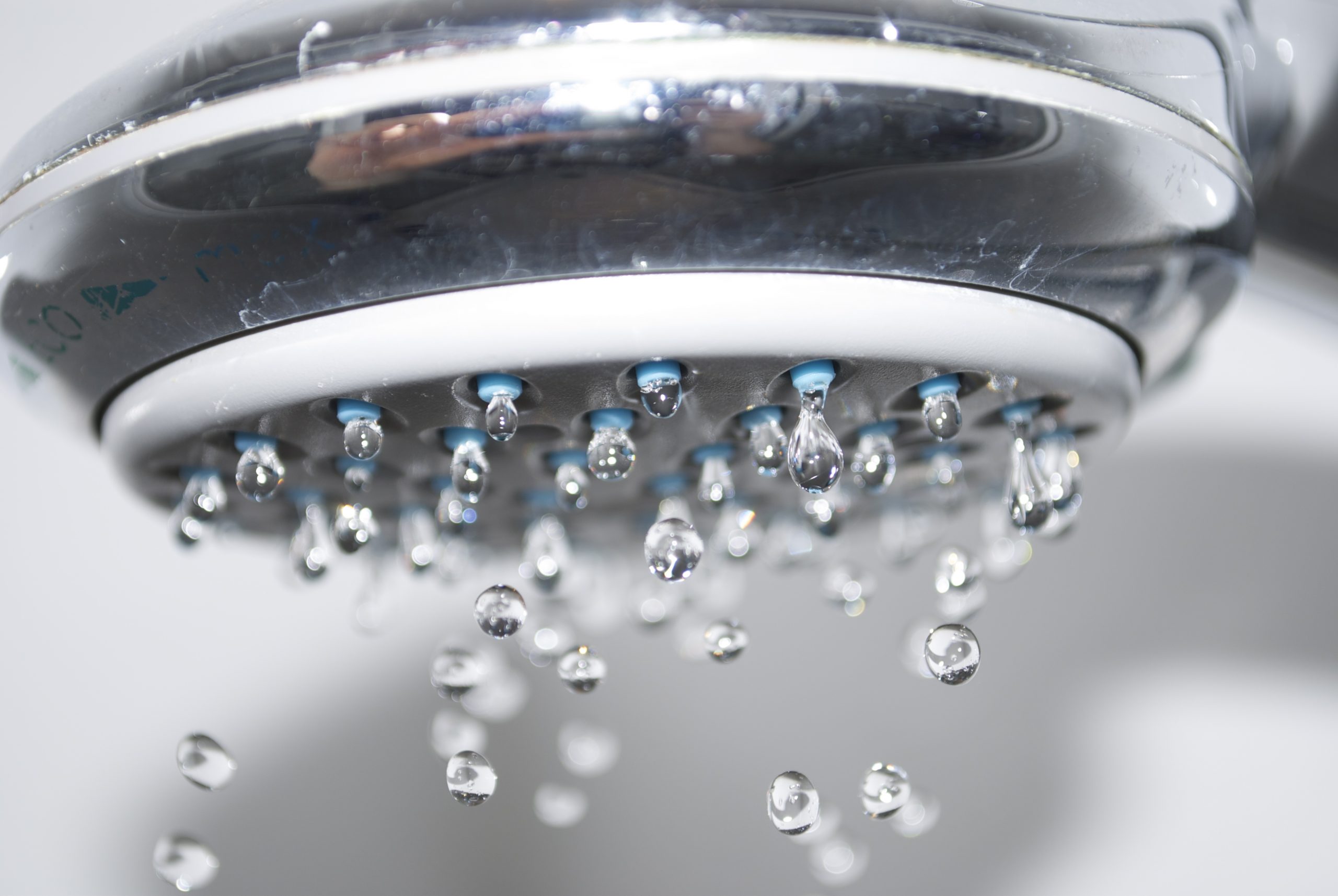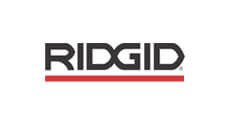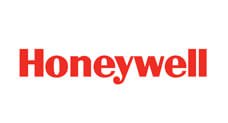Soft and hard water – What is all the fuss?

Water is a vital resource that we use every single day, whether we’re drinking it, cooking with it, cleaning clothes, running dishwashers, showering or any number of other activities. Often, you’ll hear plumbers, water quality specialists and appliance manufacturers talking about ‘hard’ and ‘soft’ water – but what does this mean to you, the consumer?
Water falls as rain in its original soft form. This means that it fairly pure and free of minerals. As it runs through the ground, streams and rivers however, it picks up mineral deposits like chalk, lime, calcium and magnesium. In this form, it is known as hard water. The more deposits in your water, the harder it is considered to be.
This doesn’t make your water bad for drinking – it actually makes it healthy and tastier to drink as long as these minerals are within a healthy range. In fact, municipal water systems often add minerals to water that is too soft in order to give people the best quality drinking water, as soft water often tastes salty.
Unfortunately, hard water is not very good for your plumbing fixtures and appliances. Problems that hard water causes include:
- Having to use more soap and synthetic detergents
- Spotting and streaking on glassware and dishes from the dishwasher
- Mineral deposits on skin and hair after bathing
- Scale deposits in all water-using appliances, reducing their lifespan and effectiveness
- Scale deposits clogging hot water pipes and hot water heaters causing reduced flow and stress damage
- Sale build up in faucets causing reduced water flow
How to check if you have hard or soft water
While you can open up a faucet and check for white scale buildup inside the mechanism and pipe, an easier way to check if you have hard water is to measure how foamy your water gets when you add a small amount of dish soap. Simply fill a clear plastic bottle with some water and a tiny bit of soap and shake vigorously. Lots of foamy suds mean that your water is softer, while fewer suds indicate that your water is relatively hard.
Speak to the experts at our plumbing supply company in New Jersey
If you are concerned about the hardness of your water or require replacement parts, fittings and appliances for your home plumbing repairs, speak to our experienced staff at Crosstown Plumbing Supply.
We stock a wide range of plumbing parts and tools as well as high-efficiency water heaters and commercial/residential boilers – all at affordable wholesale prices. Customers can also benefit from our 3.5% NJ sales tax!
As wholesalers who also supply directly to plumbing specialists, we can also put you in touch with reliable, experienced plumbers in the area if you need assistance with your repairs or maintenance job.
For more information about the plumbing supplies we have on offer, please visit our website today at http://crosstownplumbing.com/








